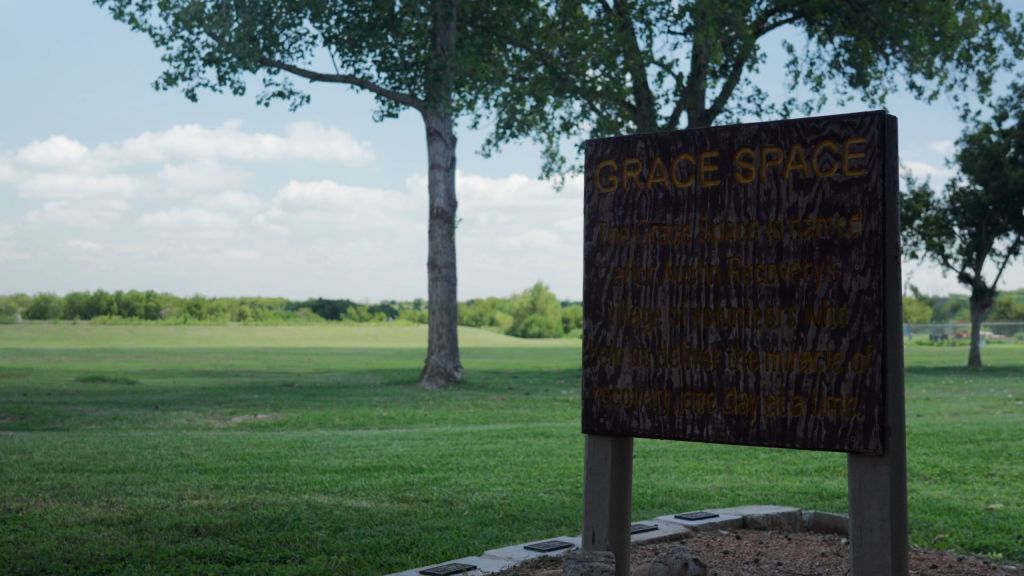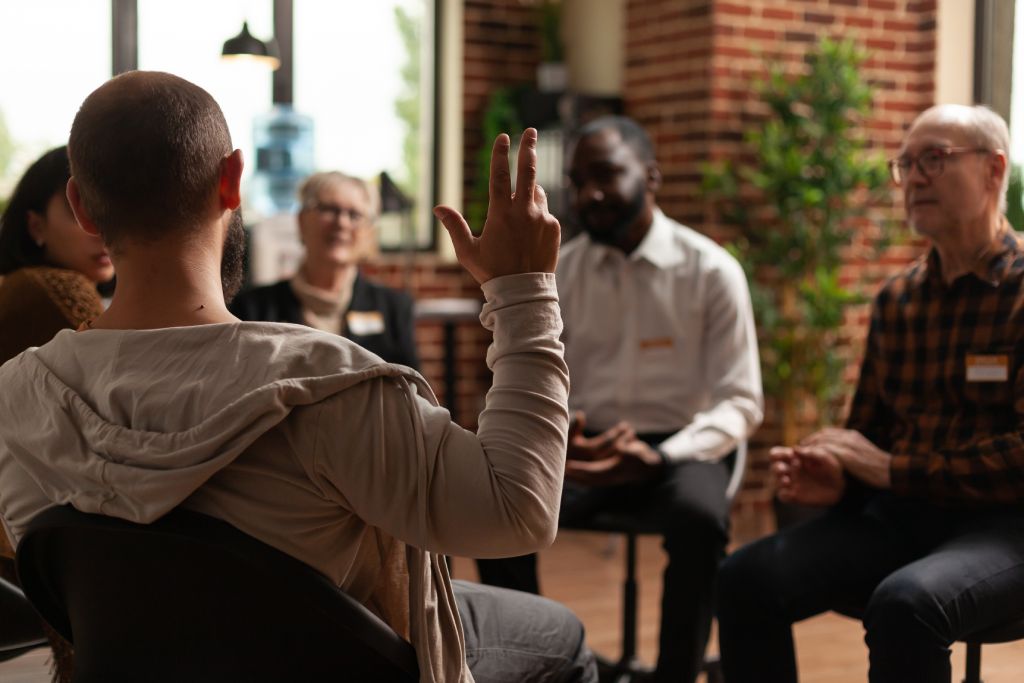Table of Contents
TL;DR:
- Support groups offer connection and understanding for families of addicts.
- They provide validation, shared experience, education, and emotional support.
- Benefits extend beyond the immediate crisis, aiding long-term healing and personal growth.
- Various types exist: 12-step programs, professionally facilitated, and online groups.
- Finding the right fit involves considering needs, researching, and not giving up.
Families around the world face the challenges of addiction, often feeling uncertain about where to turn. It can be overwhelming, like trying to find your way through an unfamiliar maze. But you don’t have to go through it alone.
Support groups for families of addicts provide a space to connect with others who understand what you’re going through.Let’s take a closer look at how support groups can help families navigate the difficulties of addiction.
Why Support Groups are Essential for Families
Living with a loved one struggling with addiction can feel isolated. The worry, fear, and stress can be hard to deal with, and many families try to cope alone, only to feel even more alone. That’s where support groups come in to help. Here’s why they matter:
Validation & Shared Experience
One of the biggest benefits of support groups is realizing you’re not alone.
In these groups, you’ll find people who understand the sleepless nights, broken promises, and emotional rollercoaster.
Connecting with others who truly understand can be incredibly reassuring. Sharing stories, fears, and struggles helps break the isolation addiction often creates.
Education & Information
Understanding addiction is key to supporting a loved one.
Support groups provide valuable insights into addiction, treatment options, and the recovery process. You’ll learn about different treatment paths, the challenges of sobriety, and strategies that have helped others in similar situations.
Sharing experiences can also introduce you to new approaches that may be useful for your family. You can learn how to set healthy boundaries, manage stress, and prioritize your own well-being.
Emotional Support
The emotional rollercoaster of addiction can leave family members feeling exhausted and confused. Support groups for family members of addicts offer a safe and non-judgmental space to express these emotions.
Whether it’s anger, grief, fear, or guilt, you can share your feelings without fear of criticism or judgment. This emotional release can be incredibly cathartic and can help you process the complex emotions associated with living with addiction.
Benefits Beyond the Immediate Crisis
Support groups for families of addicts aren’t just helpful during a crisis. The support and skills you gain can continue to make a difference for years to come.
Long-Term Healing
Addiction affects the whole family, and its impact can linger even after the crisis has passed. Support groups provide a space to process past experiences, heal relationships, and navigate the challenges of recovery.
Ongoing support helps families adjust, rebuild, and prevent relapse within the family dynamic.
Personal Growth
Overcoming adversity can lead to greater self-awareness, empathy, and appreciation for life. These groups offer a space for growth, turning hardship into strength and transformation.
Types of Support Groups for Families
There are several types of support groups for families of addicts, each with its own approach. Finding the right fit can make a big difference in how helpful the support is. Here are some common options:
12-Step Programs (e.g., Al-Anon, Nar-Anon)
These groups follow the 12-step model, focusing on anonymity, shared experiences, and personal growth.
Al-Anon supports families of alcoholics, while Nar-Anon serves as a support group for families of drug addicts, helping those affected by a loved one’s drug use. They offer a structured approach to understanding addiction, a safe space to share, and guidance through the 12 steps. Meetings are widely available in many locations and time slots.
Professionally Facilitated Groups
Led by therapists or addiction specialists, these groups provide expert guidance on addiction and family dynamics. They often use therapeutic techniques, like family dynamics therapy, and offer a structured approach to addressing challenges.
This option can be especially helpful for families dealing with complex situations or those seeking professional support alongside peer connections.
Many rehab centers offer these programs, so if your loved one is in treatment, check for family support groups there.
Online Support Groups
With today’s technology, online support groups make it easy to connect with others facing similar challenges. They’re especially helpful for those in remote areas or anyone who prefers the flexibility and anonymity of virtual meetings.
These groups provide community, resources, and support from anywhere. Just be sure to choose a reputable platform that prioritizes confidentiality.
Finding the Right Support Group
With so many options, finding the right support group comes down to your needs, circumstances, and preferences. Here are a few ideas to help you choose the best fit:
Consider Your Needs
Before starting your search, think about your specific challenges and needs:
- Are you primarily looking for emotional support?
- Do you need information about specific types of addiction?
- Are you looking for a faith-based approach?
Consider what resonates with you and your family’s current situation.
Research & Explore
Once you know what you need, start looking into different support groups. Check local resources, search online, and ask therapists or doctors for recommendations.
Reach out to groups to learn about their format, focus, and schedule—many offer introductory meetings so you can see if it’s the right fit.
Don’t Give Up
Finding the right support group takes time, and it’s okay if the first one isn’t the right fit. It’s normal to try a few before finding the right community. You’re not alone in this process, so keep exploring and don’t give up. The right support group is out there, and the effort to find it will be worth it.
Find Support Today
Seeking support isn’t a sign of weakness; it’s an act of strength and self-care. Healing and rebuilding your family starts with connection, not isolation. Take that first step toward support and recovery.
At Infinite Recovery in Austin, TX, we understand how deeply addiction affects families. That’s why we offer family counseling tailored to addiction and substance abuse, focusing on healing the entire family system. Our holistic approach prioritizes both individual and family well-being.
Learn more about how our programs can help your family heal and move forward together.

















